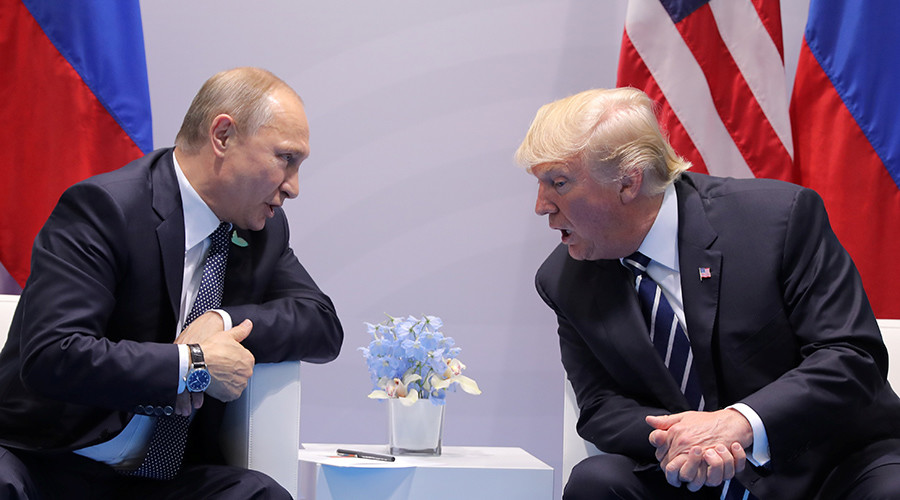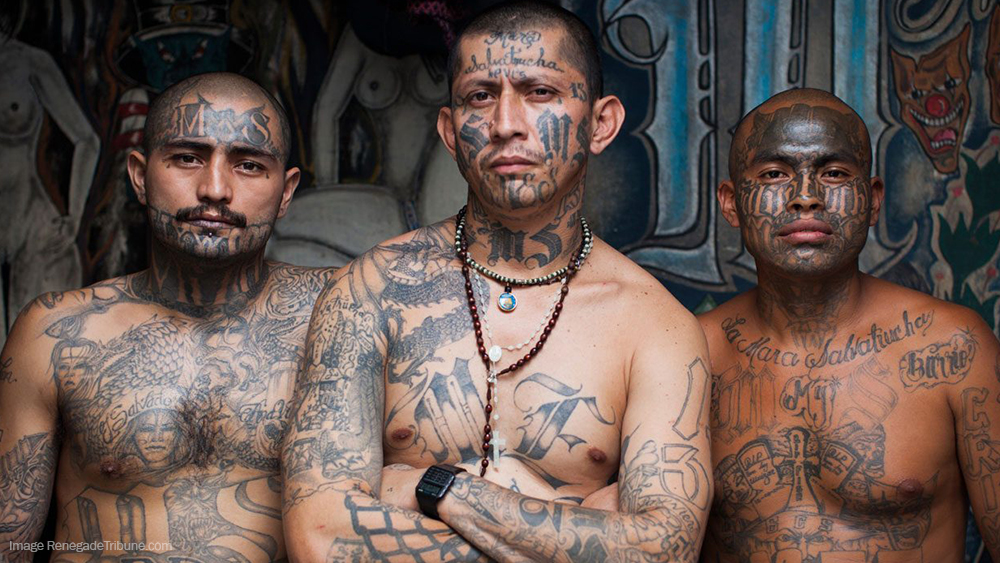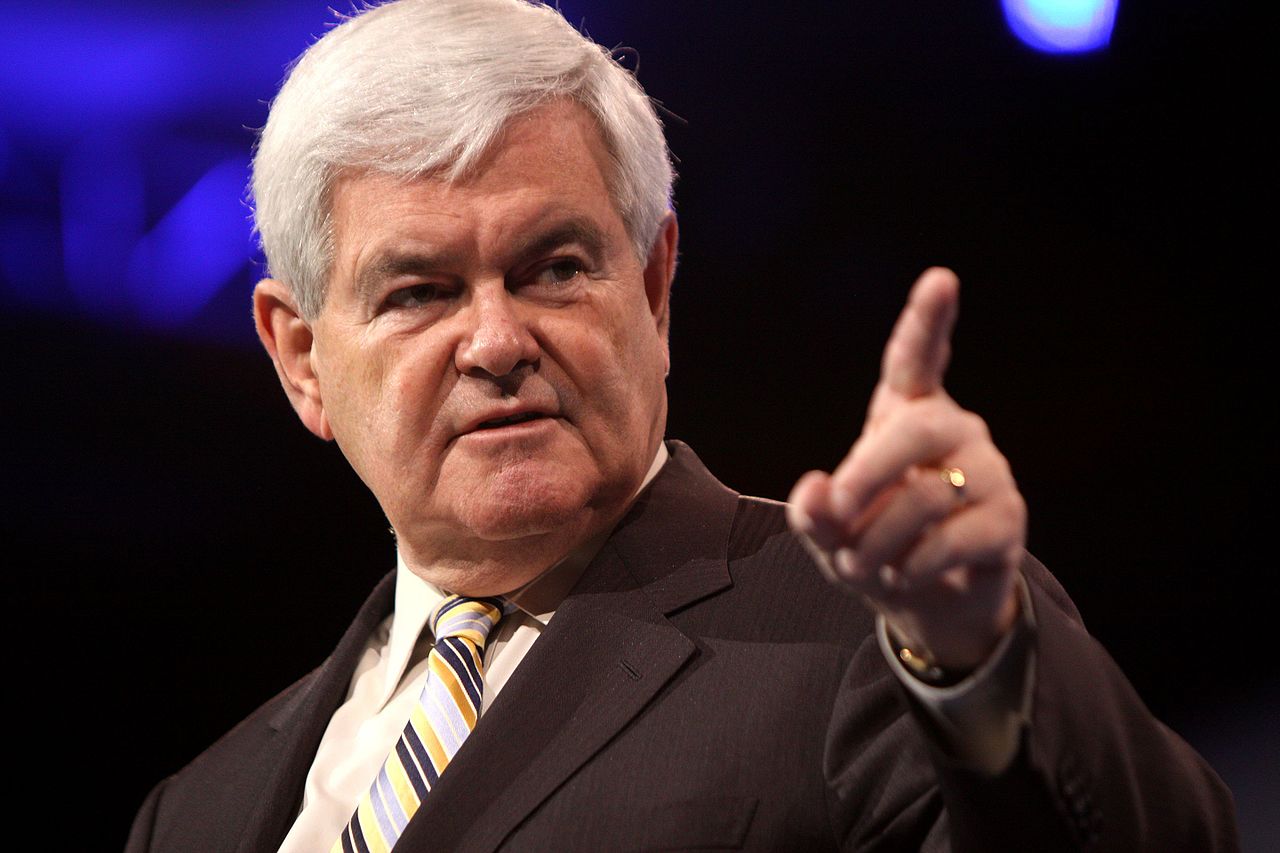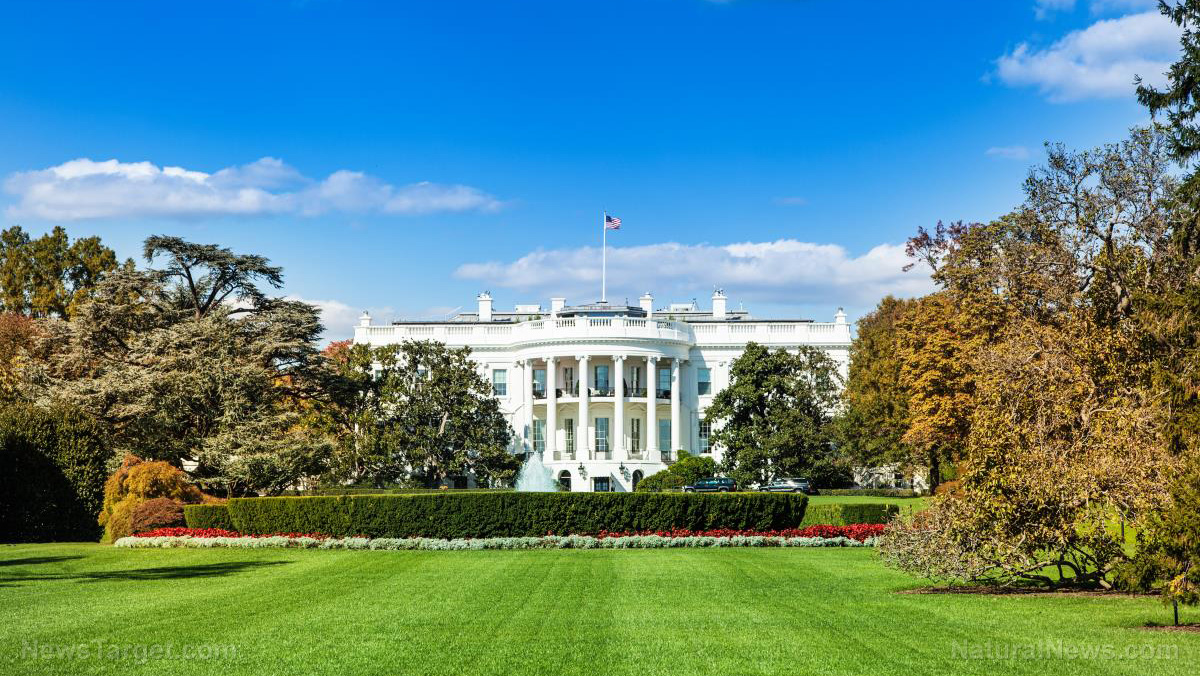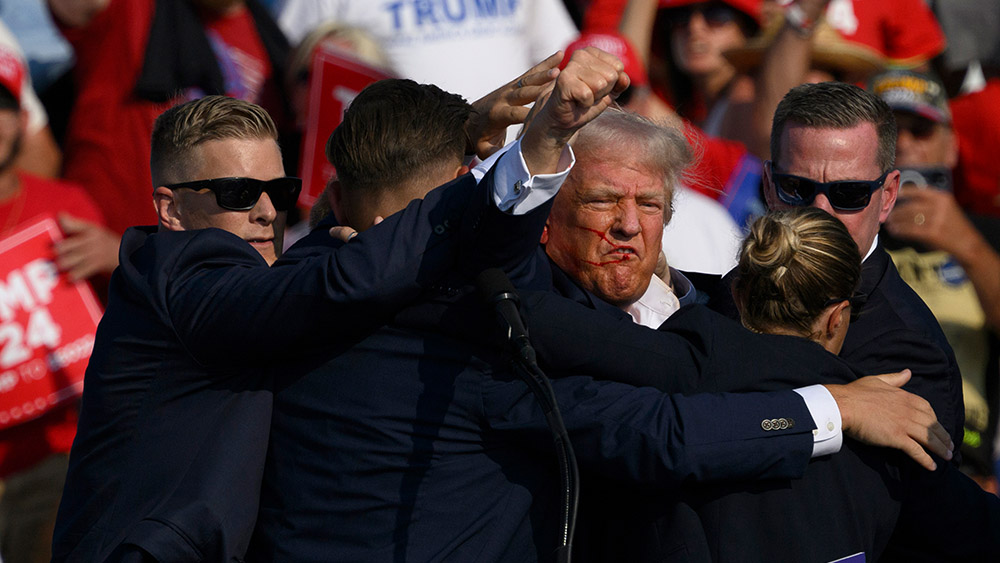World Economic Forum’s new leader sharpens globalist critics’ fears as Schwab steps down amid scandal
04/23/2025 / By Willow Tohi
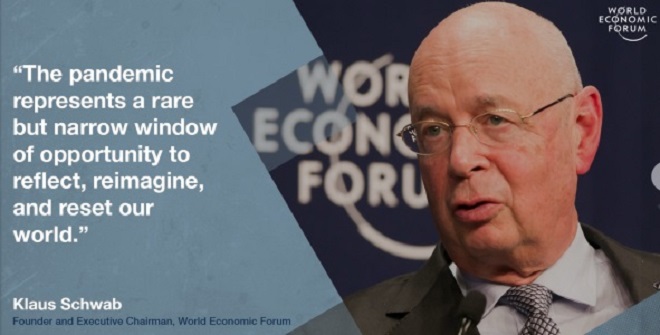
- Klaus Schwab, founder and longtime leader of the WEF, stepped down as board chair on April 21 following governance scrutiny and a whistleblower letter alleging misconduct. His interim successor, ex-Nestlé CEO Peter Brabeck-Letmathe, has drawn criticism for advocating corporate control over essential resources like water.
- Schwab’s leadership was marked by divisive initiatives like the Great Reset and the Fourth Industrial Revolution, which critics call dystopian and pro-centralization. The WEF’s 2016 slogan — “Welcome to 2030: I own nothing, have no privacy…” — further fueled concerns about eroding personal freedoms.
- Despite praise from the WEF board, Schwab faced fresh allegations via an anonymous whistleblower letter, prompting an internal probe. His family denied the claims and threatened legal action, while Brabeck-Letmathe’s appointment raised fears of heightened corporate globalization.
- The new chair’s past comments — declaring water a commodity, not a human right — and Nestlé’s contested water policies signal continuity of WEF’s resource-centralization goals. Critics argue his leadership prioritizes profit and technocratic control over public welfare.
- Conservative voices framed Schwab’s exit as damage control, warning that Brabeck-Letmathe’s ties to corporate exploitation (e.g., water privatization) reveal the WEF’s unchecked agenda. Upcoming battles over digital ID systems, carbon credits and autonomy loom as scrutiny intensifies.
Klaus Schwab, the German economist who spent over five decades leading the World Economic Forum (WEF), announced his resignation as chair of the board of trustees on April 21, amid mounting scrutiny over governance and a recent whistleblower letter alleging misconduct. His replacement, former Nestlé CEO Peter Brabeck-Letmathe, a longstanding advocate of corporate control over basic resources such as water, has intensified fears among critics who argue his appointment signals the WEF’s unwavering commitment to a centralized, globalist agenda that threatens individual freedoms.
Schwab’s legacy: Great Reset, controversy and the “2030 Vision”
Schwab, who founded the WEF in 1971 under the original name European Management Forum, built the organization into a global megaphone for corporate and political elites, hosting the annual Davos summit to address issues from economic inequality to climate change. Yet, his advocacy for initiatives like The Great Reset and the Fourth Industrial Revolution drew fire from conservatives and economists, many of whom accused him of pushing dystopian, state-controlled policies under the guise of post-pandemic progress.
The WEF’s 2016 slogan — “Welcome to 2030: I own nothing, have no privacy, yet life has never been better” — epitomized these concerns, sparking conspiracy theories and critiques from politicians and activists who warned of planned obsolescence for private property and personal autonomy. Schwab himself declined to distance himself from the vision, stating in 2020 that the pandemic presented an “unprecedented opportunity to reassess, reimagine and reshape our world,” accusations later amplified as global cost-of-living crises deepened.
Despite his resignation, the WEF board praised Schwab’s “outstanding achievements,” citing his “55 years of leadership” and the forum’s evolution “from founder-managed to a platform for global dialogue.” These accolades contrast sharply with a recent revelation: an anonymous whistleblower letter, obtained by The Wall Street Journal, provided fresh allegations about Schwab’s governance, prompting an investigative probe by the Audit and Risk Committee. Meanwhile, Schwab’s family issued a strong denial and hinted at legal action against the letter’s authors.
Brabeck-Letmathe’s expansionist vision: Water as a commodity
The interim chair’s first actions underscore the continuity of Schwab’s vision. Brabeck-Letmathe, a Swiss businessman who previously served as Nestlé’s CEO for 11 years, is infamous for declaring in 2018: “Water is not a human right, but a commodity” — a stance that sparked global outrage. At Nestlé, he oversaw policies prioritizing corporate water usage rights over community access, including lobbying against municipal water protections during droughts.
Activists and libertarians argue Brabeck-Letmathe’s elevation positions the WEF as a vehicle for further consolidating control over resources through centralized global governance. “If a Nestlé CEO who denies humans deserve water is running Davos, it’s clear the WEF’s agenda is about profit and power, not public good,” said Frank CNS (a pseudonym for a critic cited in The Epoch Times). While the WEF claims its mission is “to improve the state of the world,” critics note Brabeck-Letmathe’s track record offers little comfort, including his advocacy for strict regulatory oversight over personal water use, effectively systematizing scarcity.
Reactions and scrutiny: A watershed moment for globalist critics?
Schwab’s departure has fueled mixed reactions. While the WEF framed his exit as natural leadership evolution, conservative media highlighted it as a strategic pivot to shield the organization from scandal. Steve Watson, writing for Modernity, quipped that Brabeck-Letmathe was “even more evil” than Schwab, noting his compliance with Nestlé’s industrial agriculture practices, which critics link to water pollution in developing nations.
Supporters praised Brabeck-Letmathe’s experience in navigating corporate-government collaboration, but dissenters argue his interim role distracts from urgent issues like supply chain ethics. “This isn’t just a boardroom shuffle — it’s a coup for central planners,” said Scott Stern, a columnist for Breitbart. “Brabeck’s appointment signals that whoever leads WEF, the goal remains the same: global control without accountability.”
The WEF as a nexus of power and controversy
The WEF’s roots trace back to a 1971 gathering of European businessmen seeking to improve corporate strategy. Over decades, it expanded into a platform hosting presidents, central bankers and UN officials, its annual Davos summit dubbed “the annual costume ball for the super-rich” by critics. Yet, its influence grew through the U.N.’s post-1990s sustainability agenda and partnerships with think tanks like McKinsey.
Critics argue the WEF’s evolution mirrored globalization’s tilt toward unchecked corporate power, with leaders like Schwab promoting “stakeholder capitalism” as an alternative to democratic accountability. The “2030 slogan” — though revised as unconnected to Schwab — remains central to its brand, casting doubt on its rhetoric of transparency.
A new era? Vigilance rules
As Brabeck-Letmathe assumes his role, globalist critics contend this transition will neither dilute nor delay the WEF’s overarching agenda. With probes into Schwab’s alleged misconduct and the interim leader’s contentious heritage, the forum faces amplified scrutiny. Yet, the interconnected nature of its flagship projects—including carbon credit schemes and digital ID frameworks — suggests further battles for autonomy over resources and data.
For now, vigilance is the rule: As the WEF prepares for its 2026 summit, the stakes of its vision have never been higher—or more personal.
Sources include:
Submit a correction >>
Tagged Under:
clean water, deep state, evil, freedom, global elites, Globalism, great reset, human rights, insanity, Klaus Schwab, Liberty, lunatics, Orwellian, outrage, Peter Brabeck-Letmathe, Twisted, Tyranny, Water Wars, world economic forum
This article may contain statements that reflect the opinion of the author
RECENT NEWS & ARTICLES
COPYRIGHT © 2017 DEEP STATE NEWS



